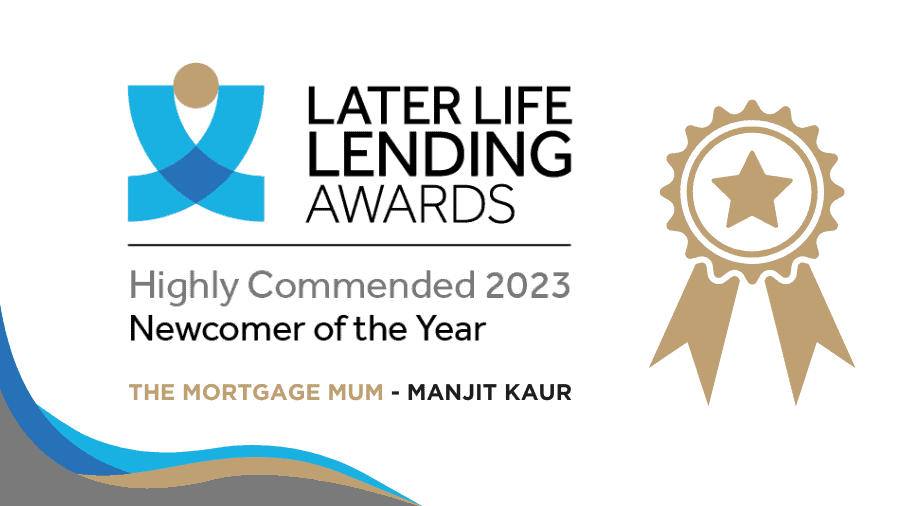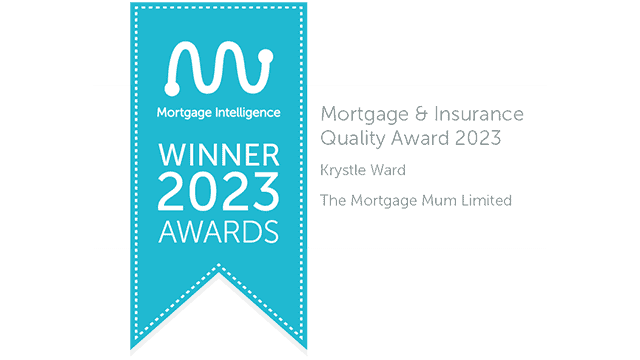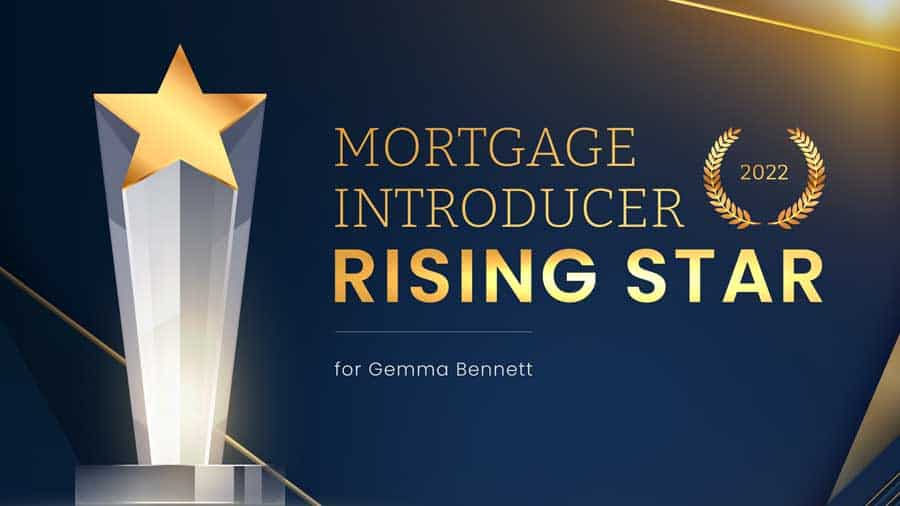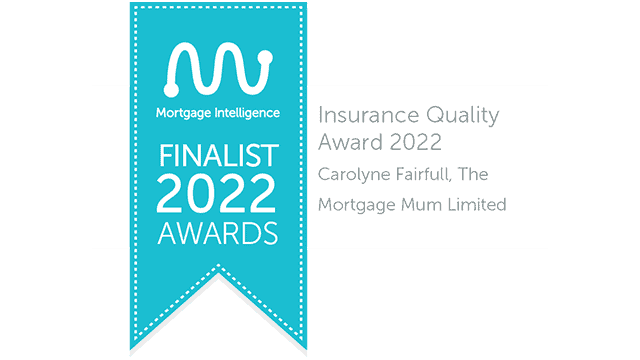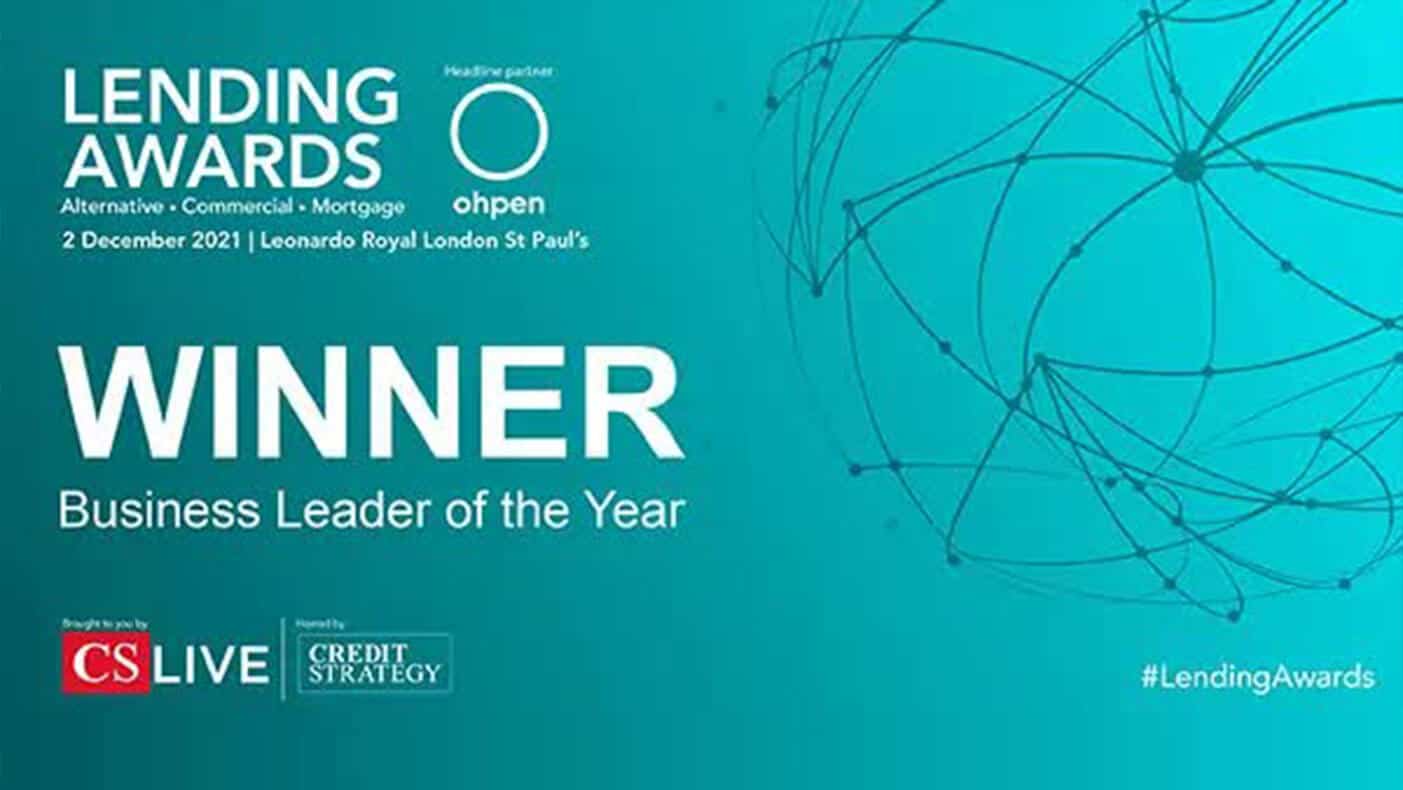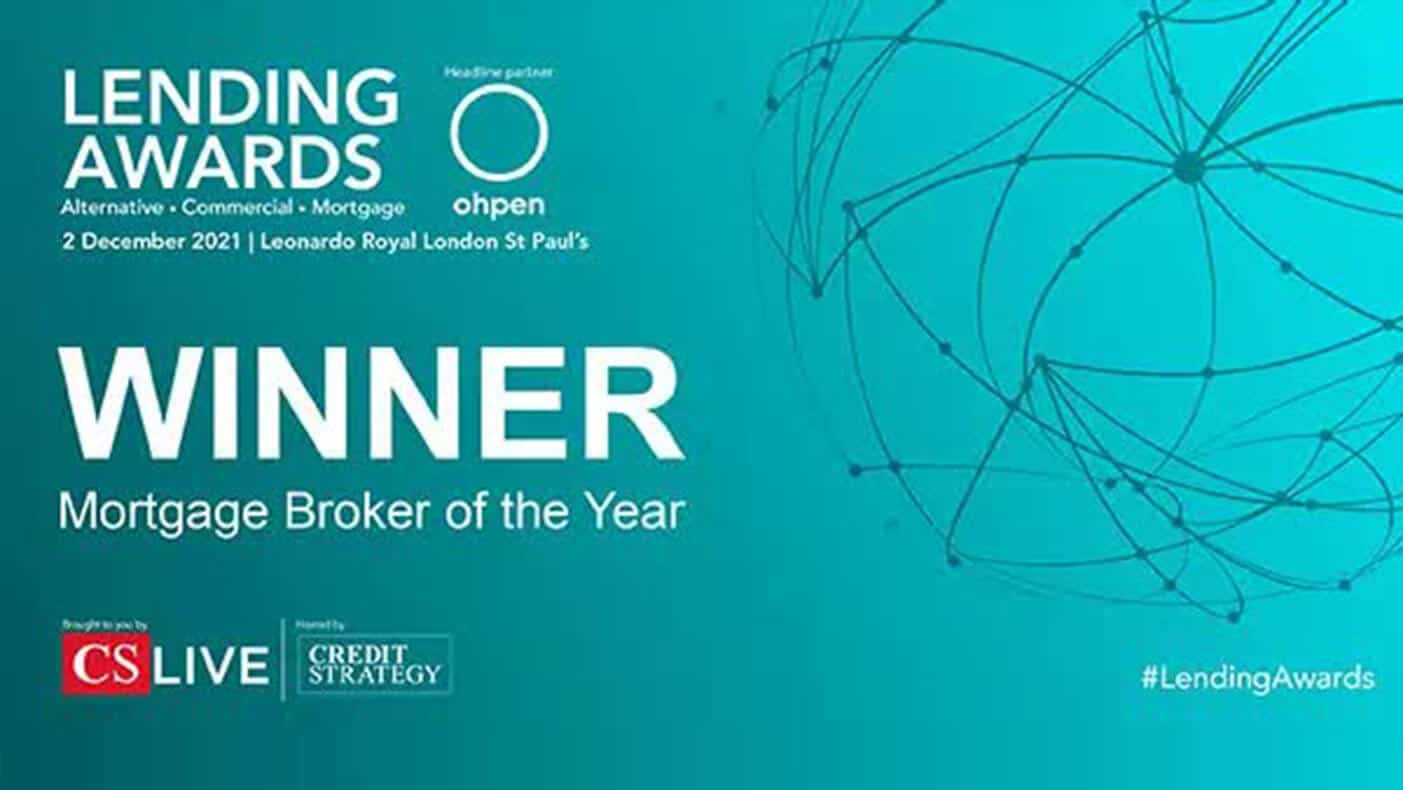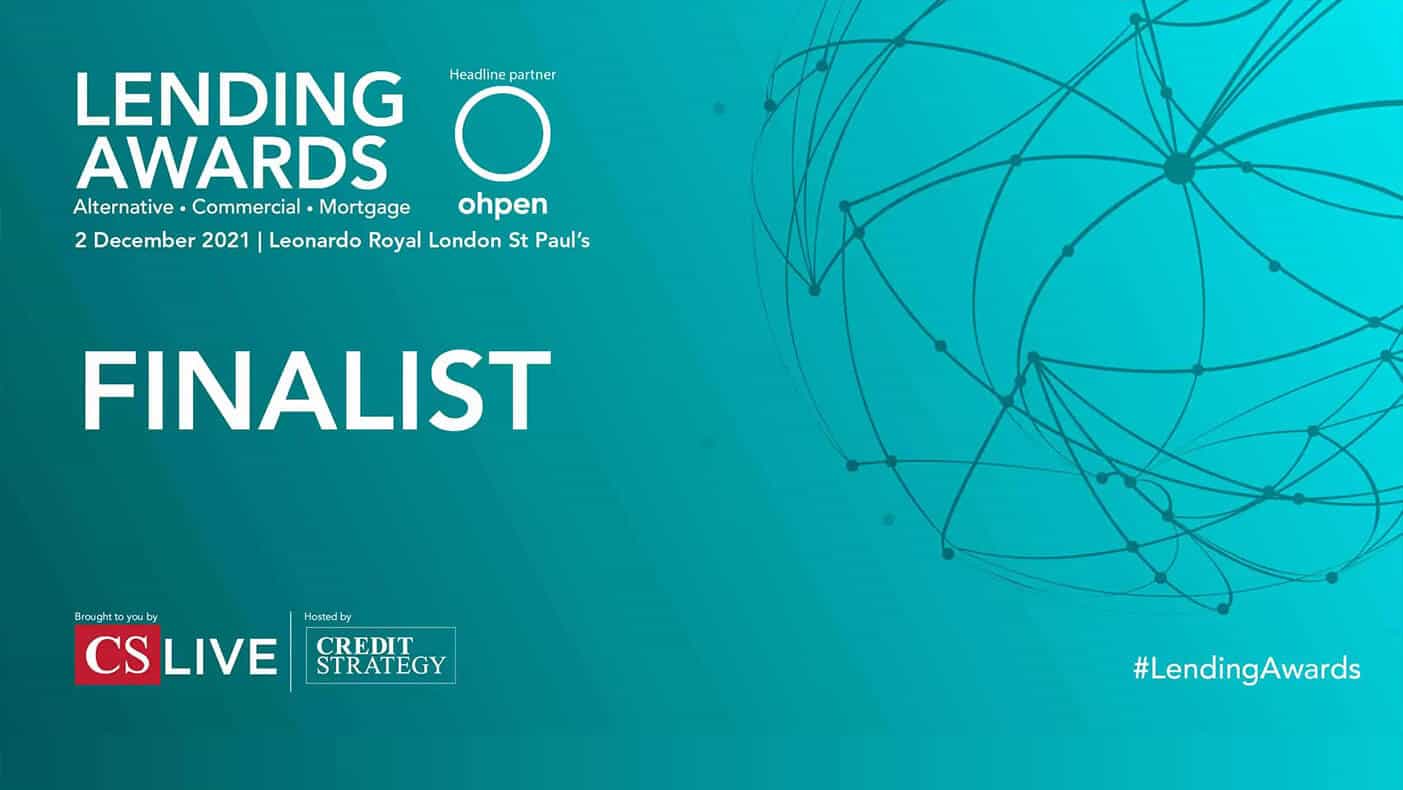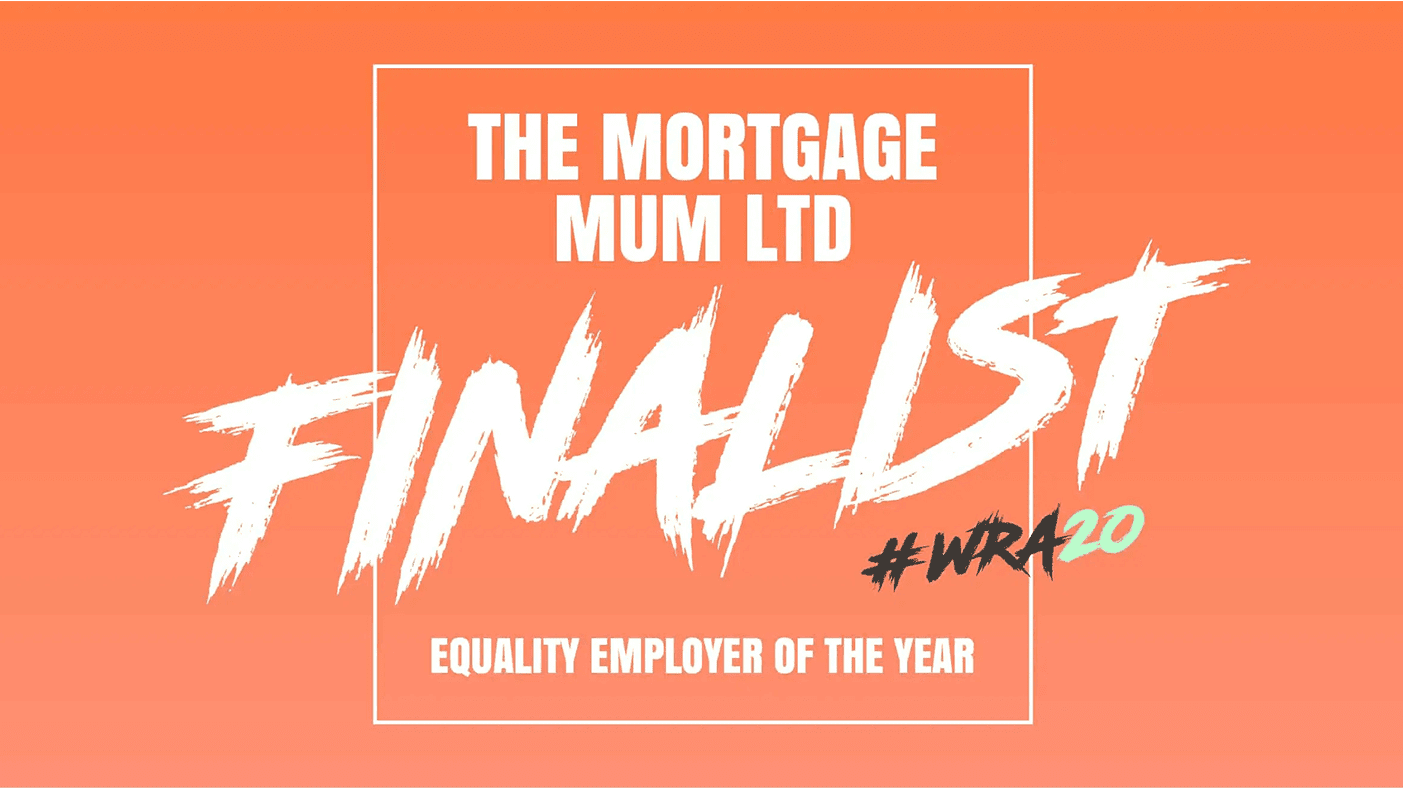Investing for your family’s future
Hello and welcome to today’s episode of The Mortgage Mum Podcast with guest host, Shelley Walker, Senior Broker at The Mortgage Mum and Director of the Mortgage Mum Specialist Finance.
Today, I’m joined by Elizabeth Pearson, the founder of Simple Successful Stocks. She’s the ideal guest, as our brands are very much aligned on female empowerment and financial education, to provide for the now and for our families’ futures.
Elizabeth is an expert in giving people the knowledge and confidence to invest in the stock market and take charge of their financial future. She likes to make life simple, sparkly and sustainable – if you ever have the pleasure of meeting her, you’ll see her head to toe in sparkles!
Can you introduce yourself, Elizabeth?
Hello, I’m Elizabeth Pearson, the founder of Simple Successful Stocks. I work with women who want to understand money and get it working for them by investing, and really don’t know where to start or who to trust.
I do my level best to make it as simple and sustainable as possible in terms of time, energy and where to put your money. And also to inject a bit of sparkle, as you said!
The importance of thinking ahead
Shelley:
We met at a Women in Business networking event – we are both members of the Mayfair cohort. You are very good at a fabulous 60 second presentation, full of energy and entertainment – and poems.
When I learned more about the financial industry I realised that my own finances weren’t in the best state. I didn’t have any debt or bad credit, but I didn’t have savings or future investments.
While I was doing my CeMAP exams, I quickly signed up for a Lifetime ISA. At that time I was under 40 so I was eligible for that, and will receive a government grant when I’m 60. It feels a long way away, but it sparked a passion about ongoing finances, financial stability and having an investment portfolio.
When I met you, you struck me as breaking down those barriers. You can articulate things in such an easy to understand way.
What sparked your interest in stocks and shares?
Elizabeth:
I describe myself as a financial educator. I’m not an advisor or a financial planner. It’s all about education.
In my previous life, I was an architect. It took me a long time to train and I was not very happy in my job. I just thought there had to be a better way. My lovely dad had taught himself to invest, and I thought it would be helpful to learn from him for my financial future – and really good for our relationship.
Learning something he could teach me, would give us something to share. That’s what started me on the whole thing. It has been really good. He has never told me what to do. He explained in very clear, simple language how to go about it, and was always there when I got stuck.
I found that investing still seems very dull. The results can be incredible, but it does look a bit dull. I fit in the time around my job. I was very busy getting on with my life as an architect. I never spent time looking at how my investments were doing. That was actually really good, because I just left them alone to do what they needed to do.
And you bonded by learning something with your dad? That’s lovely.
Yes. I’ve met other women who’ve learned cricket, learnt about cars or anything that enhances that relationship and it really does work.
He would sit me down and just show me how he was doing. I saved up my money over a few years in my ISA, an individual savings account which is tax-free. Then I remember in my lunch-hour at work, I bought my first investment. I was terrified!
I pressed the button, but I didn’t die. I thought I might, because I was just doing something I was very unfamiliar with, with money that I’d saved. I learnt from my dad about having a simple plan and sticking to it.
When I first started, it was once a year, and that’s what I recommend for people at the beginning. Then I just left it alone and got on with my life – I was too busy to do anything else. Then I would call Dad up every now and again when I got stuck.
There’s a real thing there about empowering our children through showing them what we’re doing, isn’t there?
I think it really works. I have quite a few clients who’ve learnt to invest, and then they set up junior ISAs for their children and teach them how to do it. I love it when people pass on that financial education.
With stocks and shares it can take time. People say not to expect a quick buck on the stock market. It’s not the norm, is it?
No, it’s not. Investing is basically owning the world – you’re putting your money in the growth of the world economy. It is a long term thing. You need to invest for five, 10 or more years, if you can.
People often confuse it with trading, which is that image of people in the city sitting in front of screens where shares go up all the time, and they trade every day. Now people do trade, and some are successful in it.
But you need the equivalent of an A level’s knowledge to do it. Even then, you’re not guaranteed a better return. I know a few traders and they’re not able to step away from it and be detached. Anyway, I don’t do that.
Investing- it’s a lifestyle, isn’t it? If you want growth?
Something like that. It’s buying and holding things for the long term, with this magic of compound growth. It’s a long term thing, so you can get on with your life and go dancing.
Of course, there’s no guarantee. Nobody can guarantee anything on the stock market. But people talk about the long term, historical return from the stock market, which in the UK is between 6% and 8%. If you put in a chunk of money over the long term, you could expect that back.
Not every year, because the value of the stock market can go up one year and come down the following year. The historical return is the average over a long term. America’s historical return is slightly higher than that.
It’s good to have that expectation that the value will go down and up. When it goes down, psychologically, something called behavioural economics happens. Psychologically, we feel worse when things come down than the level of happiness we get when things go up.
The key thing is never to invest money you can’t afford to lose. It will go down as well as up, so just stay with it for the long term.
It can be tempting to pull everything out when it goes down, but then you’ve lost, haven’t you?
Yes, that’s right. It’s interesting because often women feel they don’t know enough to be investors. But actually, what we’re really good at is being aware of the risks. Research shows that we’re better investors and we make more money.
Male investors often come undone when stock markets come down – they panic and sell. Women don’t tend to do that, either because they know they shouldn’t, or because they’re far too busy with the rest of their lives.
You want to leave your money in when things are going up and down, because there’ll be a few days every year in the stock market that do really well. If you’ve taken your money out in a panic, and then you’re waiting for things to get better to put it back in, you missed those key days. That’s why you need to leave it alone. Boring is best!
Is there an ideal time span that people should leave funds in the stocks and shares for?
It depends on a lot of things, including your age and your financial goals. I would say a minimum of five or 10 years before you think about taking any money out. But there are different ways and styles of investing.
Everybody is very different in where they are in their lives, what they want to invest in and how much they’ve got to do it.
Shelley:
For me now, I’ve had all of my children, and I need to build a retirement plan – I don’t want to work until I’m 70 or whatever. So my investment strategy will be slightly different to somebody that’s older than me, and likewise to someone that’s much younger than me.
Will returns change now with the economy as it stands? And with savings accounts at 5-6% on the market?
I don’t get into making predictions about what’s going to happen. People do write a lot and talk a lot about what they think that’s going to happen, but nobody actually knows.
The fact that interest rates are high now does make a difference in terms of investing, because you could put your money in a savings account and potentially get the same growth, but we have no idea.
I read recently that the best thing you can do as an investor is to ignore the doom-laden news. People are always waiting for the right time to invest, thinking the world is going to reach this magical place of balance and harmony, which never happens.
At the moment, there’s what’s going on in Israel. Before that it was Ukraine. Before that, it was Covid. There’s always something.
Shelley:
I’m finding the same. It’s a question people ask me about investing in property. I spoke to somebody this week who wanted 10 Buy to Let properties. But he didn’t want to get started because of the slow market.
I told them that unless they buy one, they’re never going to get to 10. For our investors, the return on investment is quite low on Buy to Let versus leaving your money in the bank and getting a decent savings rate. But we can’t predict the future. Property has been a sound investment over time. It can even double in value every 10 years or so, depending on where you are in the country. But the markets have been challenging.
What are the main things to consider before investing?
The guideline is never investing money you can’t afford to lose. There’s a few things to have in place first so you’re not compromising financial survival. Make sure you’ve got £1,000 in a savings account for unexpected events. We always have things that come along, like the dishwasher blowing up or the cat needing an emergency operation.
Then, where possible, have between three to nine months of your basic income in the savings account – in case you can’t work or you have an illness. You also need to have paid off your credit card debts, because the rate of interest you’re charged on those is far more than you could ever generally earn on the stock market.
Because the stock market is a long term thing, for five or 10 years, if you had a short term goal of saving for a trip away or something in the next year, don’t invest that. You’ll want to take the money out of the stock market again to spend.
Those are the four things that you need to think about before you start. But when you do want to start, women often get stuck thinking that they need a lot of money. You don’t. You can start with some investing apps with just a pound.
You can open an account, put some money in and buy something with it. Then generally, most of my clients find it easier than they thought. It’s getting over that first leap and having the experience of doing it. But I absolutely understand all those fears about what’s going on in the world. It feels like a lot, but you can start small.
Can we talk a bit more about the services you offer to help people?
I work with people in two different ways. I run investing taster classes online and in-person, and it’s a very simple way to find out about the seven steps to sparkly investing: what investing is, why do it, where you do it, when and how.
I also work with people one-to-one. I find, particularly with women, people just want a bit of handholding and reassurance. I sit by them and step-by-step we open their account, choose investments, things like that.
Simple investing means buying funds. Basically, funds are pots of money from lots of investors, and the company that’s running the fund buys lots of different stocks and shares or other funds across the stock market.
One of the key things about successful investing is something called diversification, where you’re invested in a lot of different things. If one share or one particular company doesn’t do very well, that’s counterbalanced by all the other shares you own.
Often people come to me and say that somebody recommended this or that, and I always advise them to smile sweetly and ignore them.
What I’ve specialised in after learning from my dad, is for people who have a bit more capital and want to get a portfolio, which is basically a container of shares. Again, it’s all about consistency, having a simple strategy and not getting all tied up in your feelings.
I teach people to do those two different things. You can do both. We have a lot of fun. I’ve got some nice notes and pictures from women having a great time drinking champagne!
It aligns so much with The Mortgage Mum – we’re invested in our customers and getting them on the best financial path possible. With fun and smiles!
Elizabeth:
The thing about money is it just looks so boring from the outside. There’s an interesting survey by Starling Bank. It looked at the difference in images for men and women around money and investing. All the men had fast cars and wallets with wads of cash. For the women, it was pictures of piggy banks and advice on how not to splurge on shoes.
Historically and culturally, finance is very excluding to women. The whole history of money and women has focused on whether you’re married, you’re single, you’re widowed and what that means for your legal, cultural rights to participate in the financial world. Now, thankfully, we can now participate in the same way as men. But culturally, women have always been told that they aren’t good with money.
I meet so many women who say, I’m not good with these things. Well, it is a skill we can learn, but hundreds of years of cultural expectations do get in the way.
Shelley:
That must be shifting now because among my friends and my peers, all of the women manage the household finances. People are more open – it’s often a dinner party conversation. We’re much more empowered now as a generation to speak about money.
As a child, you couldn’t ask anybody what they earn, what their savings are, if they invested, if they owned their house. It was rude. I reflect on my mum – when she and my dad divorced, she got £10,000 as her settlement. That was it for life. She put it in the bank and earned pennies in interest.
Years and years later, she still had £10,000. I think I’d left home. But that £10,000 was worth less in today’s world. She should have done something with it. She’s in a situation now where she’s got some funds again and wants to do something different.
It’s taken her whole life to see it, but she does now realise the value of investing and making that work for you.
The need to learn about financial matters
Elizabeth:
It’s not our fault. People feel bad that they should have done something earlier, or that they weren’t aware of the options. But none of us are given a financial education. It’s okay, let’s just decide to learn something about this. Doing something is always going to make people feel better.
Please do have a look at my website. It makes investing very simple, sparkly and sustainable. You can get a really good free guide as a download there: Seven Simple Steps to Sparkly Investing. I’ve got some nice blogs and information about taster classes. Plus, you can follow me on social media at @simplesuccessfulstocks.

























